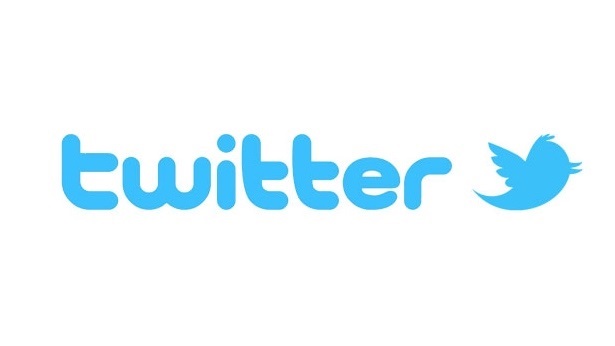- Posted on : September 4, 2013
- Posted by : Tom Fletcher
In October 2011, I gave a speech to Beirut Online Collaborative. Here’s an extract with ideas on digital diplomacy….
1. Know your followers: Of mine, I judge 25% to want to know more about life of Ambassador (what’s it like to have bodyguards? Do we really eat nothing but Ferrero Rocher?), 25% to be UK political junkies, 25% to be Lebanon political junkies, and the rest to be a mixture of the informed, interested, eccentric, curious and hostile. The Lebanese proportion is increasing so I’m tweeting more about Lebanon.
2. But don’t be defined by your followers. We need to reach out, without falling into trap of courting popularity. We’re not comedians, journalists or politicians, and we should not pretend to be. A high number of followers is a good sign you’re getting through, but is not an end in itself.
3. Be authentic. People can see the real person underneath. Twitter is more raw, more real, more human than normal diplomatic interaction. People are more likely to stick around to read your press releases if they feel they know something about you as a person. I try to challenge preconceptions (for example about diplomats, or about life in Lebanon).
4. Be consistent. Just as a politician can’t say one thing on the Des O’Connor sofa and another to Jeremy Paxman, a Twiplomat cannot face both ways. This is a challenge for diplomats used to pitching to two distinct audiences: one to whom they want to show what they are doing for national interests, and another that they want to show what they are doing for relationships with the host country. The two should not be incompatible. So, for example, when I tweet about a commercial deal, I try to explain what that means for jobs in Watford, alongside the tangible benefits to Lebanese economy.
5. The best diplomacy is action not reportage, purpose not platitudes. So tweets should be about changing the world, not just describing how it looks.
6. But understand and manage the risks, especially where the personal blurs with the political. I made the mistake of tweeting from my official account my private views on public sector strikes: I stand by my position, but it was the wrong platform. The ReTweet dilemma is also trickier for diplomats: UK politicians RT their opponents, but diplomats could not yet do so, since for some a RT implies approval. As with any public intervention, think before you tweet. Imagine how it looks out of context in a hostile media piece.
7. Quality still matters. To paraphrase Abraham Lincoln, whatever you choose to tweet, tweet a good one. Just because there are huge amounts of rubbish out there, this does not mean you should compromise.
8. Recognise the limits: as an individual diplomat, politically, and of Twitter. This is just one tool among many. The rest of the day job still matters. Don’t get too sucked in. Just as diplomats fail when their telegram report matters more to them than the action they are reporting, we should guard against caring more about the pithiness of the tweet than the subject we’re tweeting.
9. Don’t take it personally. It is a jungle out there, and we have to get our brogues dirty. Every time I tweet about Palestine or Israel, I get vicious abuse from supporters of both sides, in pretty equal measure. We should listen, try to understand, but we won’t convince everyone. And nor should we seek to. But that’s not to say we should not engage some of our opponents more energetically, as UK MPs do to each other on Twitter. We’re not there yet, in diplomacy or Lebanese politics. But imagine the power of a twitter debate between diplomats or politicians who disagree. An interactive HardTalk.
10. Finally, remember the national interest. Transnational debates can be fascinating, and alliances will become more issue based, more fluid. But diplomats cannot lose sight of our bottom lines: what makes my country richer? what makes my country more secure?
Diplomacy not just for diplomats. But not diplomacy without diplomats: social media should attract us. We tend to like communicating, are often extroverts, tend to be political junkies. We’re already writers, advocates and analysts. We must now become digital interventionists.

